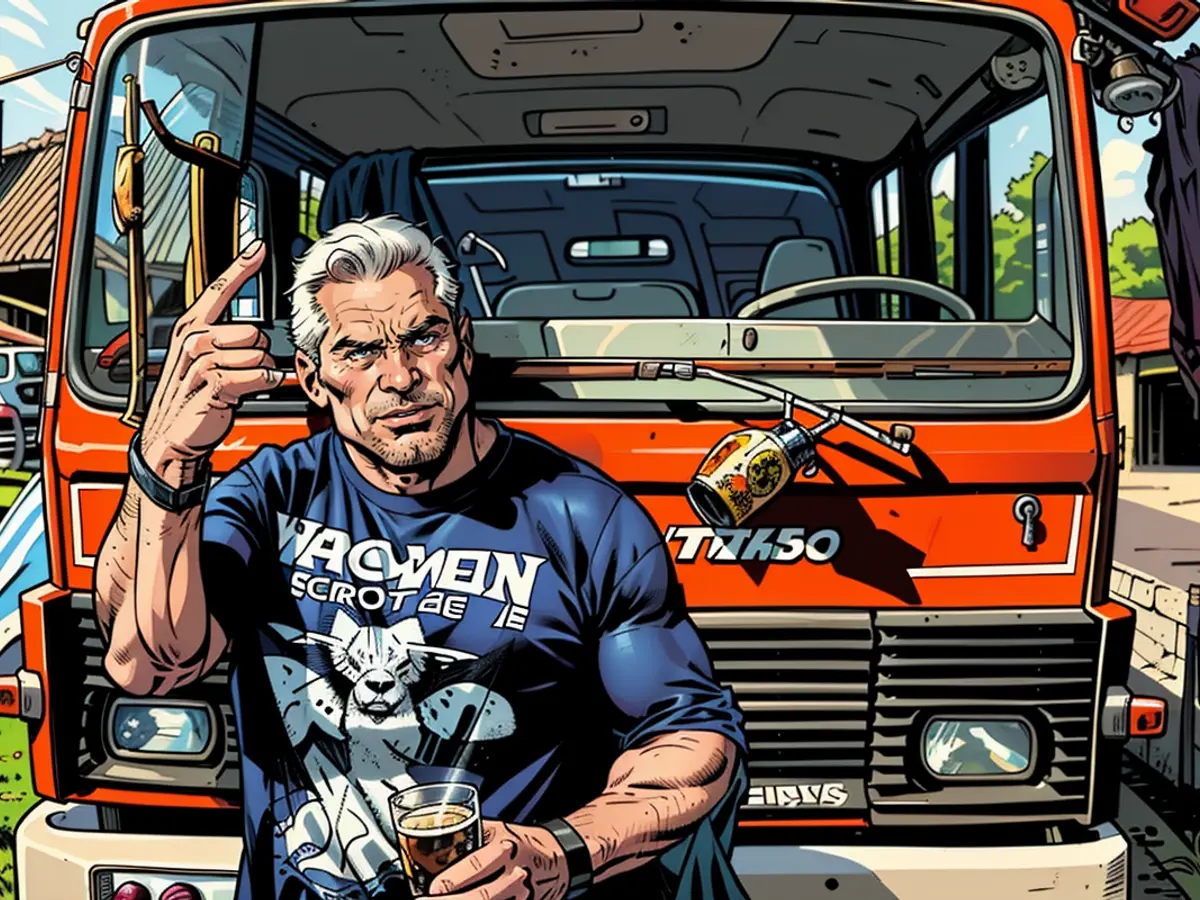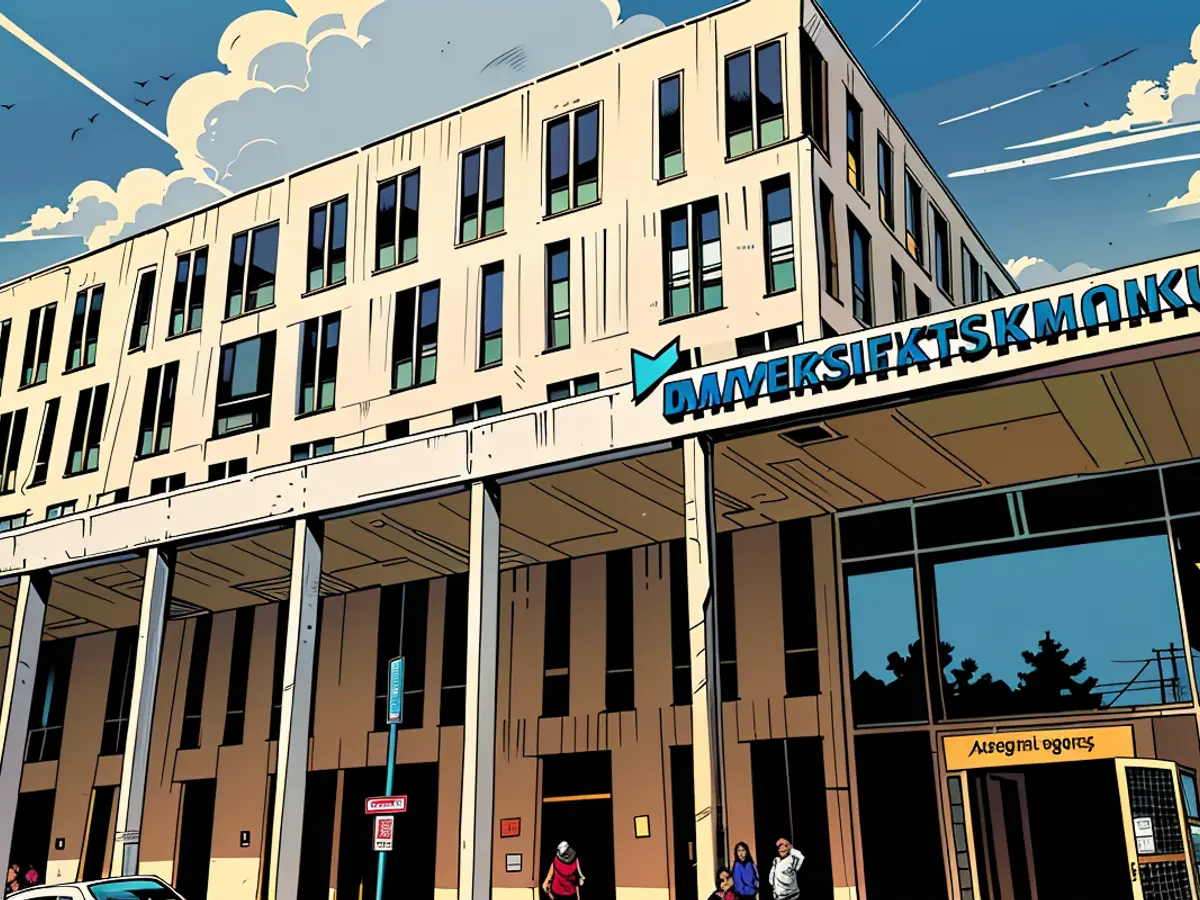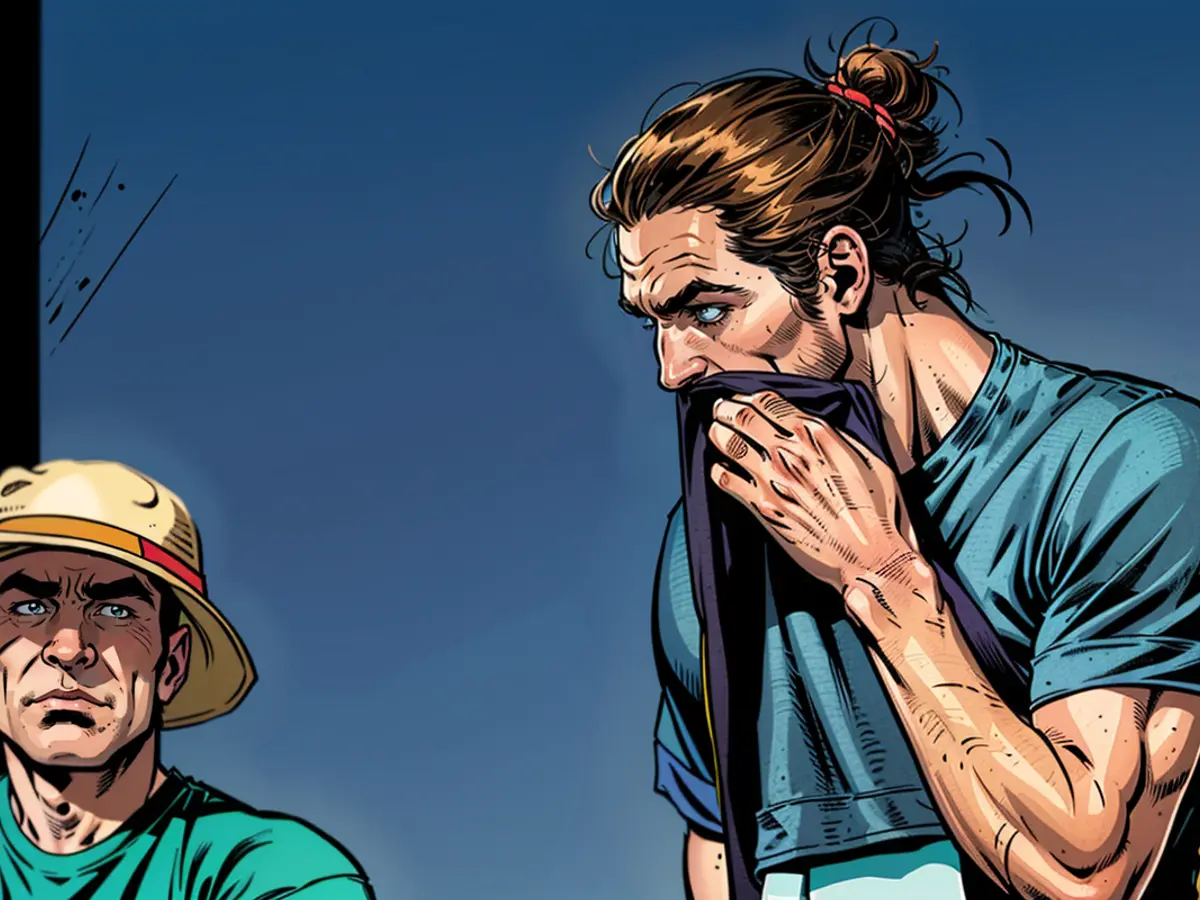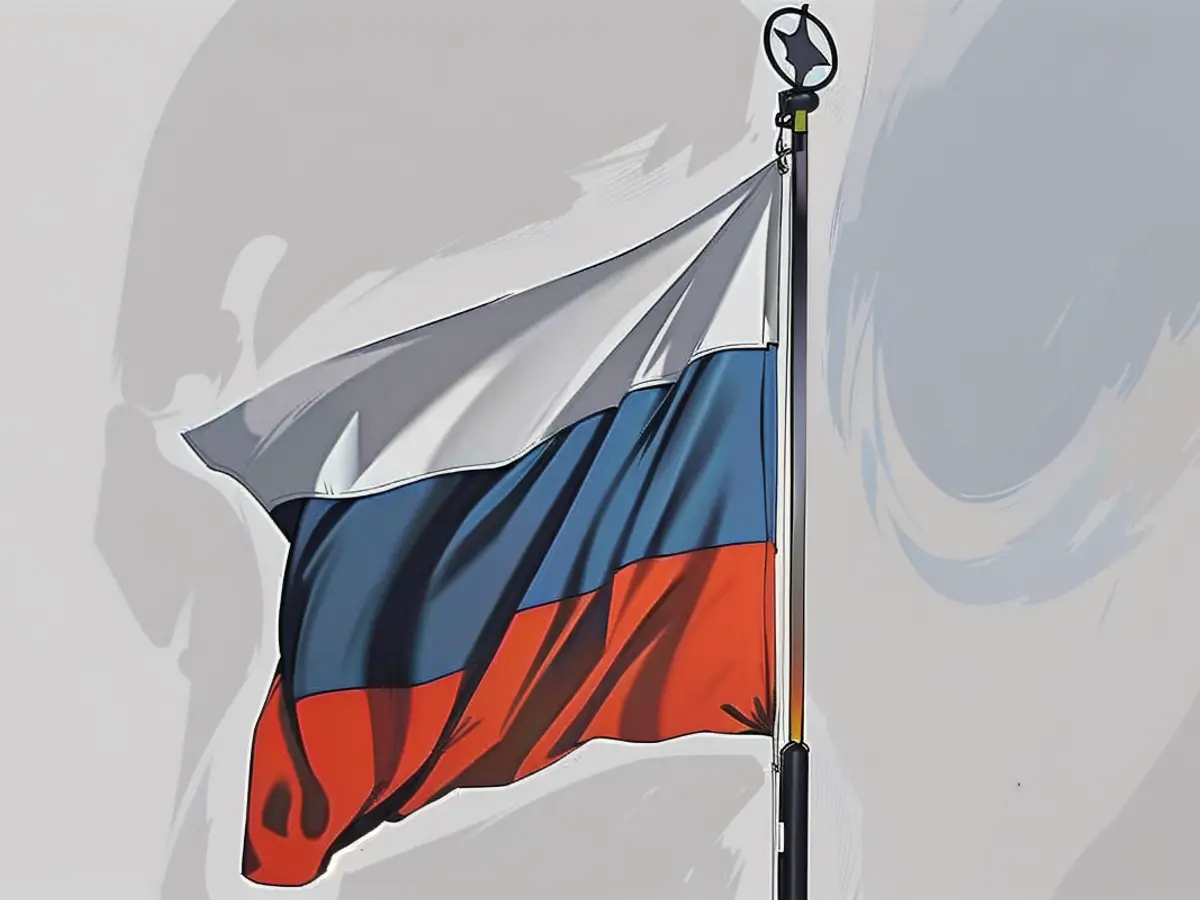- ÖDP wants to sue Bavaria's right to vote
After the Federal Constitutional Court's election law ruling, the ODP in Bavaria plans to take legal action against the Bavarian election law. "The ODP will file a lawsuit against the current form of the Bavarian State Election Act. We will have it checked whether it meets the requirements from Karlsruhe," the two state leaders, Agnes Becker and Tobias Ruff, told the German Press Agency in Munich.
From the ODP's perspective, which has never made it into the Bavarian state parliament, a basic mandate clause must also be introduced in Bavaria, the 5 percent hurdle must be reduced, and it must be applied at the level of the government districts. Becker and Ruff interpret the ruling from Karlsruhe as a requirement that "regional peculiarities in one's own electoral area may not be ignored."
ODP: Regional peculiarities must also apply in the state election law
Under the current Bavarian election law, a party that, for example, clears the percentage hurdle in one of the seven Bavarian government districts but does not make it nationwide, must relinquish the mandates that are due to it. "That can't be right. The CSU has achieved in Karlsruhe that regional peculiarities must be taken into account in the election law. That must now also apply within Bavaria," Becker and Ruff emphasized.
Previously, the highest German court in Karlsruhe had declared parts of the federal election law reform by the traffic light coalition to be unconstitutional. This involved the abolition of the so-called basic mandate clause. This rule in the old election law provided that parties could also enter the Bundestag in the strength of their second vote results if they were below the 5 percent hurdle, but won at least three direct mandates. The court has now temporarily reinstated this, until the legislator passes a new regulation.
The ODP argues that if the 5% hurdle in the federal election law can be adjusted to account for regional variations, then a similar adjustment should be made in the Bavarian state election law, affecting the 5% of the barrier. The current Bavarian election law, which forces parties to relinquish mandates achieved in individual districts if they fail to pass the national threshold, is under scrutiny by the ODP, who believe this should also be considered in light of the Karlsruhe ruling.








